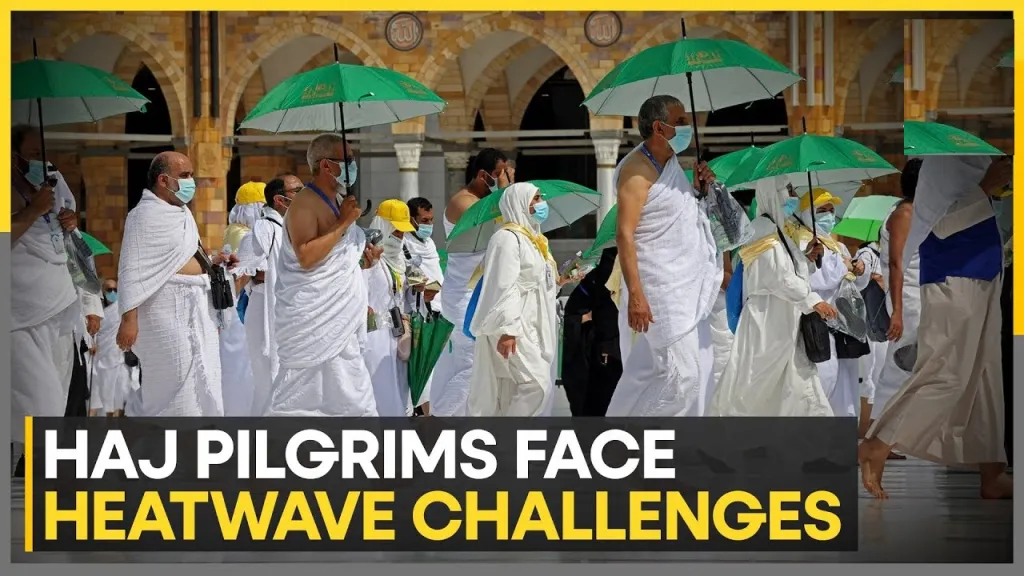Amid reports of over 900 deaths during this year’s Haj rituals, exacerbated by scorching heat, Pakistan’s Ministry of Religious Affairs urged the public on Wednesday to disregard social media posts about the pilgrims’ hardships, labeling them as “inauthentic.”
According to diplomats and officials cited by news agencies, the fatalities included at least 600 Egyptians, 144 Indonesians, 68 Indians, 60 Jordanians, 35 Pakistanis, 35 Tunisians, 11 Iranians, and three Senegalese.
Saudi state TV reported that temperatures at the Grand Mosque in Makkah soared to 51.8 degrees Celsius in the shade on Monday. While Saudi Arabia has not officially released fatality figures, it did report over 2,700 cases of “heat exhaustion” on Sunday alone.
Abdul Wahab Soomro, the Director General of Pakistan’s Haj Mission, announced on Wednesday that as of 4 pm on June 18, 35 Pakistani pilgrims had died: 20 in Makkah, six in Madina, four in Mina, three in Arafat, and two in Muzdalifah.
In Islamabad, Mr. Soomro addressed a viral video showing bodies on footpaths with people pleading for them to be placed in nearby ambulances. He stated, “Some videos circulating on social media show pilgrims without assistance; these are baseless as their authenticity and date cannot be verified.”
He emphasized that verified information must come from the Saudi government and be corroborated by the mission, urging the public to trust credible sources for accurate updates.
Mist dispensers refreshed pilgrims at the base of Saudi Arabia’s Mount Arafat, known as Jabal al-Rahma or Mount of Mercy, during the climax of the Hajj pilgrimage on June 15, 2024. — AFP
The ministry noted that this year’s Haj was particularly challenging due to extreme heat, with temperatures reaching 50 degrees Celsius. The Saudi government has established a burial system in Haramain and arrangements for repatriating any Pakistani pilgrim’s body if requested by their heirs.
Reports and video clips of pilgrims in distress began surfacing on June 16, with some claiming local authorities had confined them in the Muzdalifah valley, blocking access to mountains and preventing them from leaving. Many reported delays in train services and a lack of mist fans, causing some pilgrims to faint from the heat and suffocation.
Footage from early Monday showed darkness, with pilgrims alleging power outages. The ministry of religious affairs addressed these issues in a statement on a WhatsApp group on Sunday, describing them as routine matters. “Saudi authorities often manage crowds by opening or closing certain routes for pilgrims’ safety,” the ministry explained.




